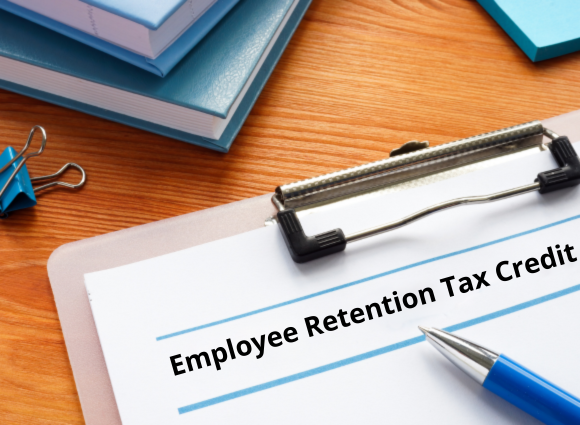
Recent California Legislation Provides Tax Relief to Pass-Through Entities
On July 16, 2021, Governor Newsom signed California Assembly Bill 150. This bill contains a number of tax relief measures for small businesses suffering economic hardship due to the pandemic. One notable provision allows pass-through entities to pay their California income tax at the entity level and pass a related state credit through to the owners of the entity for their share of the passthrough entity’s state and local tax (SALT) deduction. This converts the SALT deduction to an ordinary business deduction, avoiding the SALT limitation and potentially reducing the owner’s overall federal income.
Prior to 2018, individual taxpayers could deduct state income taxes without limitation for federal tax purposes. However, the 2017 Tax Cuts and Jobs Act (TCJA) limited that deduction to $10,000 for state and local taxes. California Assembly Bill 150 establishes the Small Business Relief Act, which allows qualified entities to elect a passthrough entity tax of 9.3% on qualified net income and deduct it for federal tax purposes. This relief is effective for tax years beginning January 1, 2021 and ending before January 1, 2026 unless the federal $10,000 SALT deduction limitation is repealed, in which case the provision will be eliminated as of the following January 1.
How Does it Work?
Qualified entities pay the 9.3% tax on the total of each consenting owner’s distributive share of income. Each individual owner can determine whether their income should be included in the entity’s election, but all owners are bound by the entity’s election. Once made, the election is irrevocable.
Consenting owners then claim a credit on their California state income tax return equal to the 9.3% of tax paid by the entity on their income. Excess credits can be carried forward for up to five years.
The entity level tax and related individual credit is 9.3% of income while the maximum California individual income tax rate is 13.3%. This provision helps mitigate the $10,000 SALT itemized deduction limitation but it doesn’t eliminate it.
Which Entities Qualify?
Partnerships, S-Corporations, and LLCs taxed as a partnership or S-Corporation are qualified entities for purposes of this provision. Eligible passthrough entity owners include individuals, trusts, estates, and corporations, but not partnerships.
Publicly traded partnerships, an entity that is part of a combined reporting group, or an entity with a partnership owner are not qualified entities for purposes of this bill.
The election isn’t beneficial for low-income taxpayers that aren’t limited by the $10,000 SALT itemized deduction, due to the interaction of the qualified business income tax deduction and the state tax deduction. Thus, the election should be evaluated annually.
And the provision doesn’t provide any benefit for sole proprietors since there is no pass-through entity to pay the tax.
How to Make the Election
The election is made annually by paying the tax timely, with no additional documentation required. For the 2021 tax year, the elective tax must be paid before the due date of the original tax return for the qualified entity without regard to any extensions (March 15, 2022 for a calendar year entity). For the 2022 through 2025 tax years, the elective tax must be paid in two increments as follows:
- Installment #1 – on or before June 15 of the taxable year in an amount greater of either 50% of the elective tax paid in the prior year or $1,000
- Installment #2 – on or before the due date of the qualified entity without regard to any extensions (March 15 for a calendar year entity)
Federal Tax Treatment
This elective tax is deductible by the entity for federal income tax purposes. The IRS issued Notice 2020-75 specifically stating SALT itemized deduction limitation workarounds related to entity level taxes like this are allowed. Additional regulations are forthcoming, but they are not expected to limit the workaround.
For More Information
Contact your Mize relationship manager to discuss this strategy for your organization.



